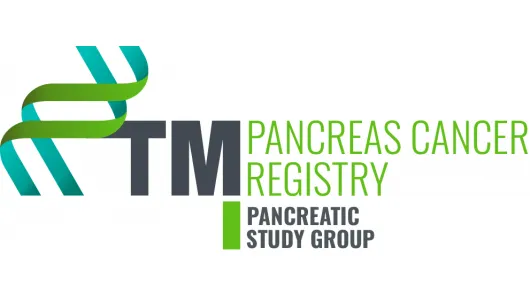
PC Registry
Pancreatic cancer is still mentioned as the "silent killer" because it has no early symptoms or the symptoms are not specific. Because of this feature, this tumor is one of the worst types of cancer with a strikingly low survival rate. Even in the developed Western countries, the 5-year survival rate is only around 6% (30% of patients die within 1 year). Due to the late diagnosis, palliative care remains the only option in many cases.
Considering these numbers, one might ask if there is anything we can do. But the answer is YES!
There are three lines where significant progress can be made:
It is necessary to draw attention to the disease. Pancreatic cancer is considered a rare disease with an annual incidence of 10/100,000 inhabitants, which may give a false impression that the disease has no social burden. In contrast, in Europe, the incidence of pancreatic tumors is still rising with more than 100,000 newly diagnosed cases yearly and the disease is responsible for approximately the same number of deaths. Population screening is ineffective and should be restricted only to high-risk groups.
Early detection is of utmost importance. Data show that disease care is not uniform across Hungary and that there is little data on long-term follow-up.
The more a country spends on research the better the 5-year survival rate. Identification of risk factors and thereby high-risk individuals save lives. In addition to lifestyle habits (smoking, dietary factors, alcohol abuse, etc.), genetic background plays a significant role in the development of the disease. Understanding the genetic background may lead to the development of new interventions.
Since we are lacking data about pancreatic cancer from Hungary, the Hungarian Pancreatic Study Group was established in 2015, which operates, among other things, a prospective pancreatic cancer registry and a biobank. The registry was made available in English and Hungarian languages, allowing international data collection. Whole blood samples stored in biobank can be used for research purposes. The aim of the registry is to describe epidemiological data as well as to identify risk factors and to assess the diagnostic approach and treatment patterns.
Uploading centres
Semmelweis Egyetem Pankreász Betegségek Intézete